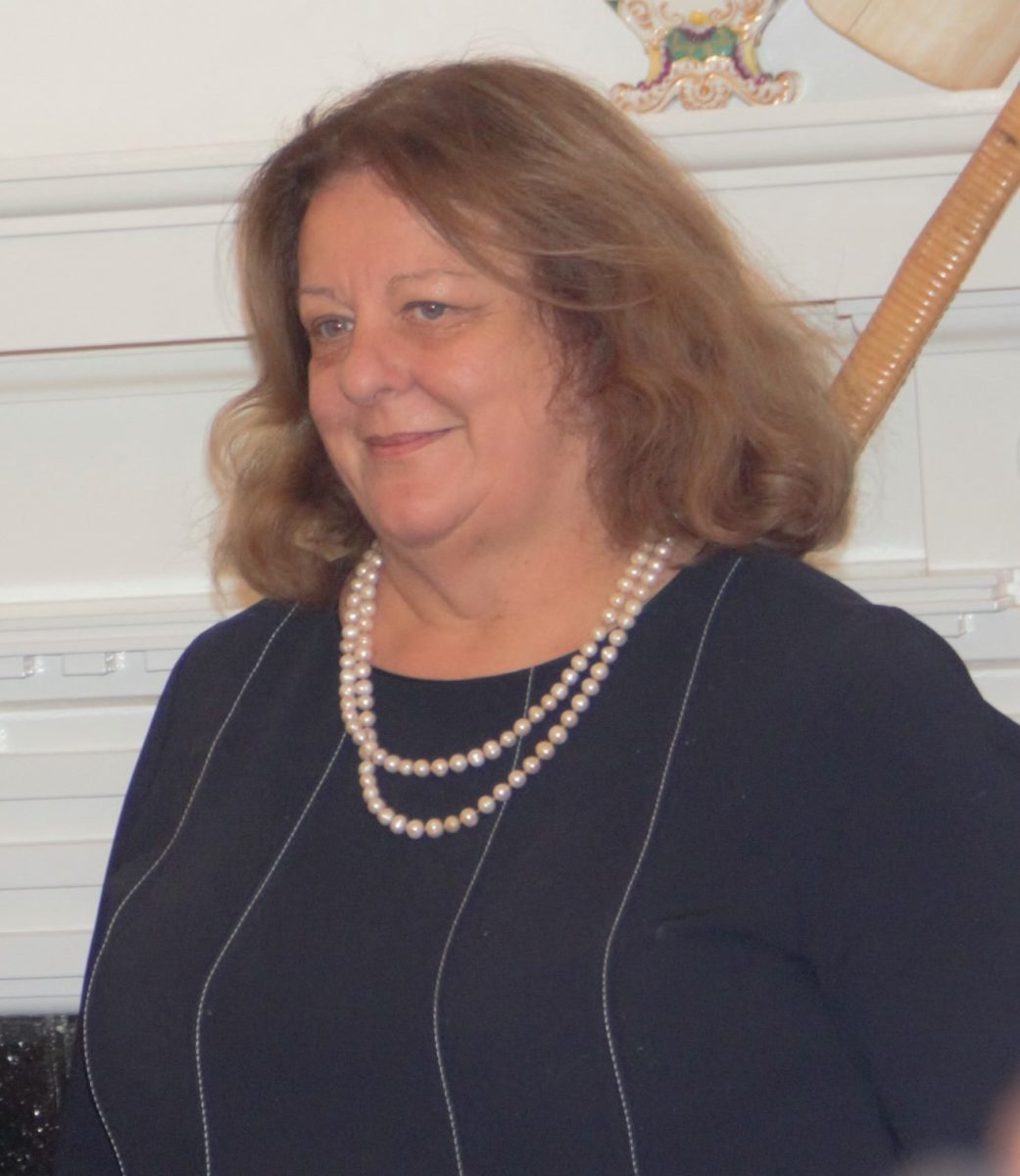The United Nations (UN) Resident Coordinator for Zimbabwe, Ms. Maria Ribeiro has paid tribute to women and girls in the country for being at the forefront of the COVID-19 response in many ways.
She made the remarks today in a speech to commemorate this year’s International Women’s Day global theme “Women in leadership: Achieving an equal future in a COVID-19 world.’’
“The UN and the international community would like to pay tribute to women and girls in Zimbabwe who have been at the forefront of the COVID-19 response in so many ways.
“Women and girls have served as frontline health care workers, caregivers, innovators, advocates, community organizers and so much more,” Ms. Ribeiro said.
She added: “This year’s theme for IWD is particularly important considering the present situation as it is almost one year since the onset of the COVID-19 pandemic globally and in Zimbabwe. As we recover from the COVID-19 crisis, we must use the opportunity of rebuilding a better future, to ensure women’s equal participation at all levels in a more inclusive and more resilient future for all people in Zimbabwe.”
The UN Resident Coordinator spoke about the importance of bridging the leadership gap and empowering women to achieve gender equality in decision-making.
The virus has deepened economic, social, and gender inequalities with serious implications for both women and girls.
A study conducted by the WHO found that on average, 41% of COVID-19 victims in Africa are women. Studies also show that while women are often frontline and community workers tasked with supporting national responses and saving lives, their leadership in decision-making is not sufficiently harnessed.
Ms. Ribeiro noted that in Zimbabwe, COVID-19 response structures at all levels have noticeably had less representation of women in decision-making positions. This poses a challenge for stakeholders’ commitment to building back better. Women must have the opportunity to participate in decision-making to the same extent as men.
The Zimbabwean 2013 Constitution through Section 17 recognizes the equality between women and men. It also affirms women’s right to full and equal participation in society. This includes women’s equal representation in appointed decision-making positions.
The underrepresentation of women in decision-making positions in the national response structures, Ms. Ribeiro said, is reflective of the imbalances found in elective offices.
Over the years, the number of women in parliament decreased from 34% to 31%.
The representation of women in local government declined from 16% to 14% in 2018 following the last elections.
This falls below the constitutional provision for at least 50% representation for women as enshrined in Section 17 of the Constitution.
In order to bridge the leadership gap, Ms. Ribeiro said there is a need to recognize and remove barriers to women’s political participation by ensuring that decision-making bodies are gender-balanced.
She said the work of institutions such as the Ministry of Women Affairs, women’s organization, the Zimbabwe Gender Commission, and Networks such as the African Women Leaders Network must be harnessed during the pandemic response and also during strategic planning for a post-COVID world.
Measures such as constitutional special measures such as reserved seats for women have been instrumental in ensuring that there is a critical mass of women in the National Assembly, but it is not enough. More is needed to remove the barriers holding women back, including violence and discrimination against women leaders.
“I encourage the Government at all levels to ensure that there is gender balance in all institutions responsible for COVID-19 response and recovery as well as in preparedness for future health crises.
“I would also like to use the occasion of International Women’s day to issue a collective challenge to us all. I challenge each and every one of us to look within our communities and raise up the voices of women leaders who may not be in appointed or elective leadership positions but are leaders, nonetheless. Let us amplify the voices of women who are often quietly contributing to the development and responding to the COVID-19 pandemic within communities, nationally, and the world at large.”
She challenged the Government and all Zimbabwean institutions to take up the UN SG’s 6-point plan for women’s equality:
- Ensure equal representation
- Invest in the care economy
- Remove barriers to women’s economic inclusion
- Repeal all discriminatory laws.
- Address violence against women.
- Call out systemic bias.






